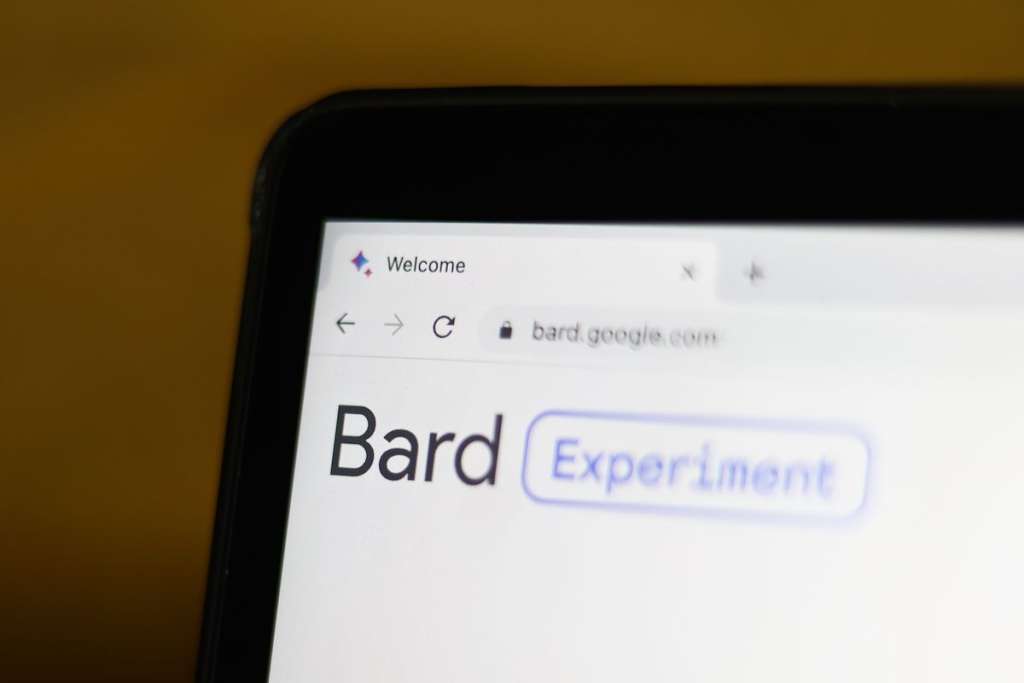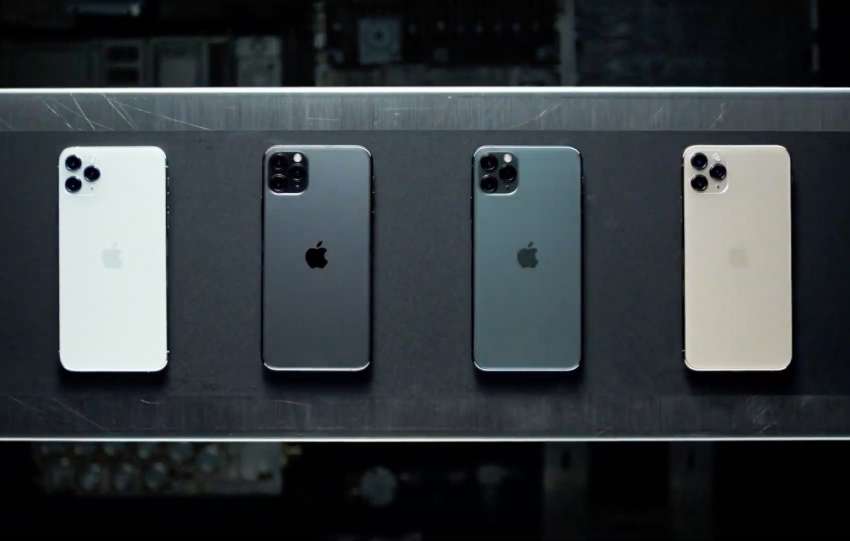Google AI upgrade:
Google has just unveiled a game-changing AI upgrade for Android. But it has a darker side. Google’s AI will start to read and analyze your private messages, going back forever. So what does this mean for you, how do you maintain your privacy, and when does it begin
ChatGPT:
There’s understandable excitement that Google AI upgrade is bringing Bard to Messages. A ready-made ChatGPT-like UI for a ready-made user base of hundreds of millions. “It’s an AI assistant,” says Bard, “that can improve your messaging experience… from facilitating communication to enhancing creativity and providing information… it will be your personal AI assistant within your messaging app.”

AI Will Start Reading All Your Private Messages:
But Bard will also analyze the private content of messages “to understand the context of your conversations, your tone, and your interests.” It will analyze the sentiment of your messages, “to tailor its responses to your mood and vibe.” It will “analyze your message history with different contacts to understand your relationship dynamics… to personalize responses based on who you’re talking to.”
And so here comes the next privacy battlefield for smartphone owners still coming to terms with app permissions, privacy labels, and tracking transparency, with all those voice AI assistants fresh in the memory. Google’s challenge will be convincing users that this doesn’t open the door to the same kind of privacy nightmares we’ve seen before, where user content and AI platforms meet.
Privacy:
There will be another, less contentious privacy issue with your Message requests to Bard. These will be sent to the cloud for processing, used for training, and may be seen by humans—albeit anonymized. This data will be stored for 18 months and will persist for a few days even if you disable the AI, albeit manual deletion is available.
End-to-end encryption:
Such requests fall outside Google Messages’ newly default end-to-end encryption—you’re messaging Google itself. While this is non-contentious, it’s worth bearing in mind. Just as with all generative AI chatbots, including ChatGPT, you need to assume anything you ask is non-private and could come back to haunt you.
But message analysis is different. This content does (now) fall inside that end-to-end encryption shield, in a world where such private messaging is the new normal. Your phone should perform the AI analysis on-device with data remaining there, instead of uploading the content to the cloud for further processing.
Android Vs iPhone:
This is where the Android Vs iPhone battlefield may well come into play. Historically, Apple has been much stronger when it comes to on-device analysis than Google, which has historically defaulted to the cloud to analyze user content.
Unsurprisingly, Apple’s moves to bring generative AI to iPhone users will take that approach—on-device analysis as the default when it comes to user content, albeit with a carve-out for its request architecture. And there’s building excitement as to what might be on offer with this fall’s iOS 18.
AI in next generation of iPhones:
“Apple is quietly increasing its capabilities,” The FT reported this week, “to bring AI to its next generation of iPhones…Apple appears to aim at operating generative AI through mobile devices, allowing AI chatbots and apps to run on the phone’s hardware and software instead of powering them through cloud services in data centers.”
Bard analysis:
For its part, Bard says “Google has assured that all Bard analysis would happen on your device, meaning your messages wouldn’t be sent to any servers. Additionally, you would have complete control over what data Bard analyzes and how it uses it.”
You will have to judge whether this gives you comfort enough to let Bard loose on your private content. A word of caution. There’s a difference between what can’t be done, such as breaching end-to-end encryption, and what isn’t being done, such as policies as to where content analysis takes place. I would urge strong caution on opening up your content too freely, unless and until we have seen proper safeguards.

Bard agrees. “While Google assures on-device analysis, it says that Bard technically collects any data accessed, even temporarily. Concerns arise about potential leaks, misuse, or hidden data-sharing practices. The extent of Bard’s analysis and how it uses your data should be transparent. Users deserve to control what data they analyze, for what purposes, and how long they store it.”
This integration of generative AI chat and messaging will transform texting platforms forever, it will quickly open up a new competitive angle between Google, Apple, and Meta, whose smartphone ecosystems and apps run our lives.
“While an exact date is still unknown,” Bard says, “all signs point towards Bard’s arrival in Google Messages sometime in 2024. It could be a matter of weeks or months, but it’s coming.” Meanwhile, what we’ve seen thus far remains buried deep inside a beta release and subject to change before release.
Message’s privacy settings:
When it is live, think carefully before you unlock your Message’s privacy settings. “Ultimately,” says Bard, “the decision of whether to use message analysis rests with you. Carefully weigh the potential benefits against the privacy concerns and make an informed choice based on your own comfort level and expectations.”





